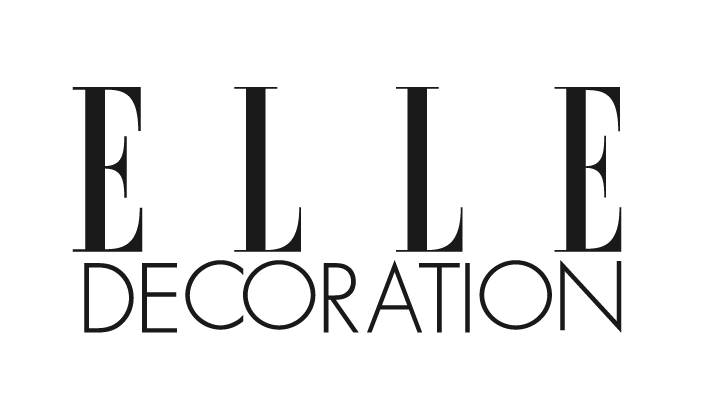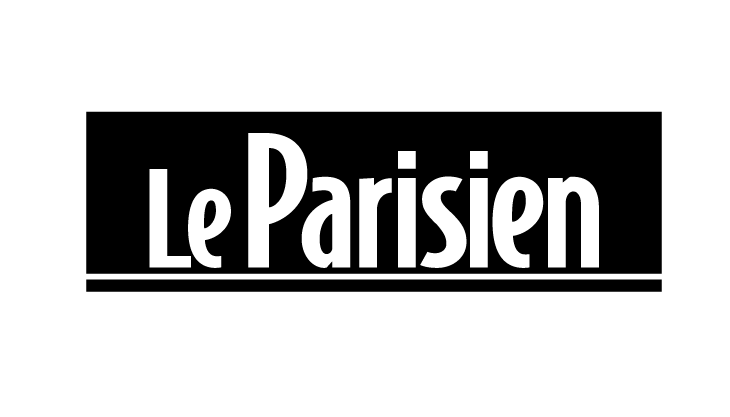Classical engraving & etching artprints
Classical prints and engravings are very precise in their composition, with artists seeking an artistic ideal. Colour takes a back seat to technique and symmetry. The proportions are realistic, idealising the setting, which is often inspired by mythology and tradition. This art inspired many Western artists, including Vincent Van Gogh, who used its technical codes to create many of their works.
Classical prints were first created in France, in response to the excesses of rococo, with its overly heavy ornamentation, and to represent a more sober, rationalist style of art. They drew their inspiration from noble, mythological or biblical subjects, highlighting above all man's innate strength. This trend followed strict rules of perspective, while at the same time bringing magnificence to man and nature, the latter being used solely to serve humanity. Despite their proximity to the art of classical antiquity, neo-classical prints represent a revival of styles at the height of the Age of Enlightenment and its ascendancy. They no longer confined themselves to antique representations, but embraced art that was far more contemporary than their predecessors.
















































































































































